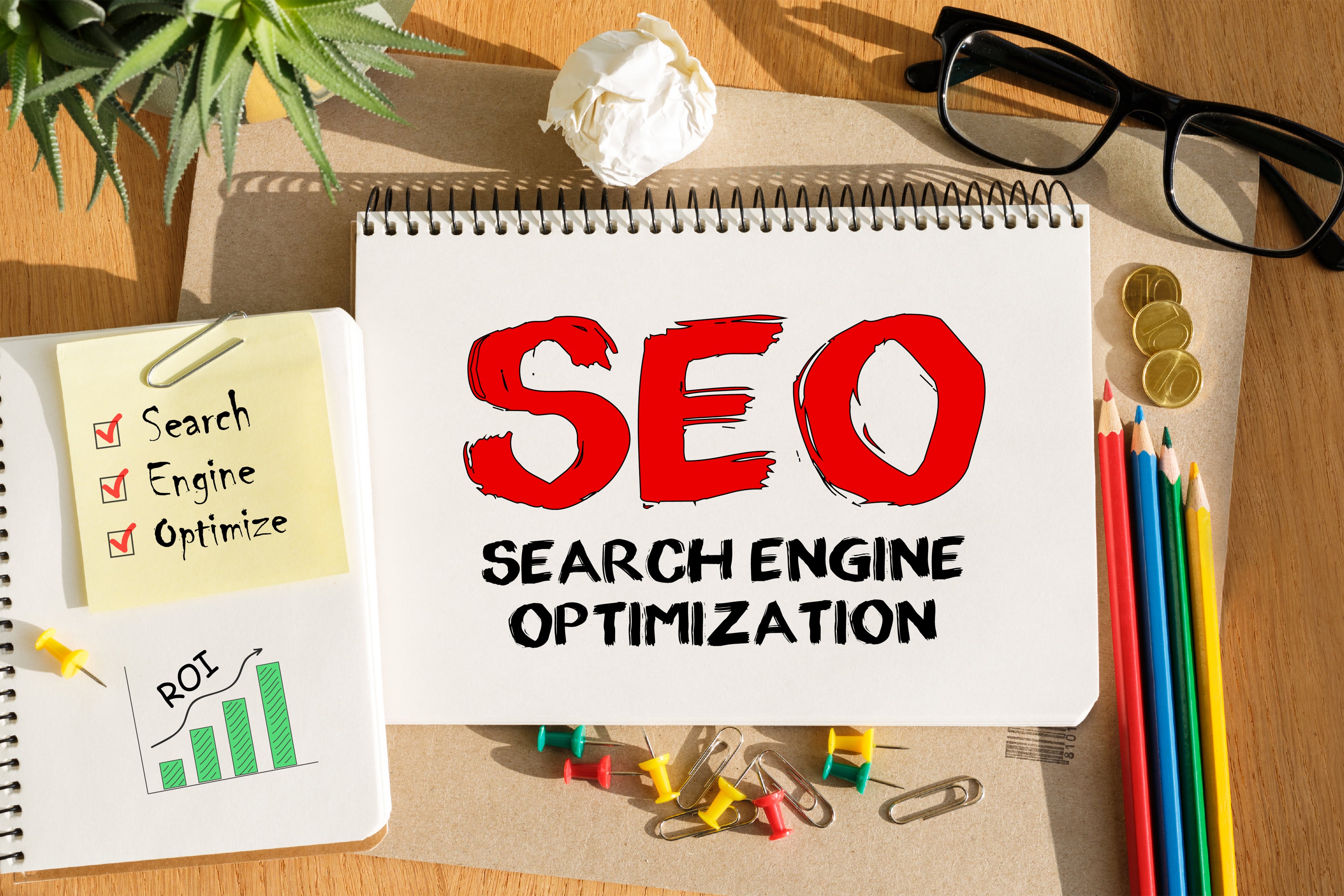Artificial Intelligence (AI) is increasingly being seen as a powerful tool for SEO optimization. From automating tasks to providing valuable insights, AI is transforming the way SEO professionals work. But as with any new technology, there are pros and cons to consider.
Understanding the Benefits of AI in SEO Optimization
Leveraging AI and Machine Learning in SEO optimization has the potential to dramatically increase organic search engine rankings.
With AI and ML, you can extract meaningful insights from large datasets and gain a better understanding of customer preferences, which can be used to target and optimize keywords more efficiently. This means that you no longer have to fiddle with guesswork when it comes to SEO – AI and ML can do it for you!
AI-based systems can also be used to automate tasks that are traditionally done manually, such as backlink analysis and keyword research. This not only saves time but also allows for a more comprehensive analysis that would otherwise be impossible with manual effort alone. While this might seem like an intimidating prospect at first, it's actually quite helpful.
After all, AI-driven systems are able to quickly analyze vast amounts of data and find correlations that manual processes simply cannot match. On top of that, AI-based solutions can also help optimize your SEO strategy by providing insights into which keywords perform better than others and how changes in content can affect rankings.
Identifying Potential Drawbacks of AI in SEO Optimization
AI has the potential to improve SEO optimization, but there are a few drawbacks to consider—for example, AI may not be able to take into account the changing trends in the market or the nuances of different types of content.
While AI is great at crunching numbers and analyzing data, it can be hard to keep up with the ever-evolving nature of search engine algorithms, making it difficult to capitalize on the most recent updates.
Additionally, AI can be expensive to implement and requires a significant amount of data in order to be effective—which means that small businesses may not be able to use it as readily as larger companies. With that being said, SEO remains a vital tool for smaller businesses seeking to compete in an increasingly crowded digital marketplace.
Finally, despite its potential benefits, AI is still a relatively new technology and may lead to unforeseen errors or oversights that could have an adverse effect on SEO optimization efforts. As such, it should be monitored carefully to prevent any unexpected outcomes that could have a negative effect on SEO rankings.
Implementing AI Strategies into SEO Practices
When it comes to implementing AI into SEO practices, businesses should focus on leveraging AI-powered analysis and automation to improve their organic search performance.
AI-driven analytics can help modern businesses discover new opportunities and insights into the effectiveness of their SEO campaigns, providing them with the means to increase search visibility, drive more quality traffic to their website, and ultimately maximize ROI.
AI can be used to analyze large volumes of data quickly and accurately, making it easier to identify trends and opportunities in SEO that can be capitalized on. From identifying potential keywords to optimizing page titles and meta descriptions, AI can help uncover areas of opportunity that can help businesses better reach their target audience. AI can also be used to track changes in search engine algorithms, allowing companies to stay ahead of the curve and adjust their SEO strategies accordingly.
By automating tedious processes such as keyword research, content optimization, and link building with AI tools, businesses can free up time and resources for more complex tasks that require a human touch.
Managing the Impact of AI on SEO Performance
AI can be leveraged to make SEO more efficient and impactful. For example, AI-based solutions can help you optimize your website’s content for more meaningful search engine rankings, and better understand user intent to deliver more relevant content.
AI can be used to identify the most pertinent keywords and phrases, craft content that appeals to both users and search engine algorithms and optimize Google Ad campaigns for better performance. Ultimately, leveraging AI to improve your SEO efforts can result in higher rankings, increased traffic, and improved conversions for your business.
However, managing the impact of AI on SEO performance requires a thoughtful approach. By leveraging data collected from previous SEO efforts and analyzing trends in search engine algorithms, organizations can develop an effective strategy to maximize their SEO performance while minimizing the risks associated with AI-driven decision-making processes.






